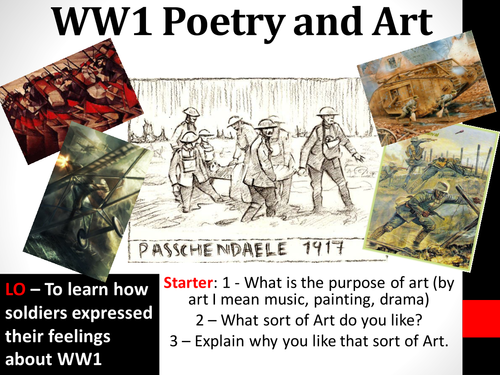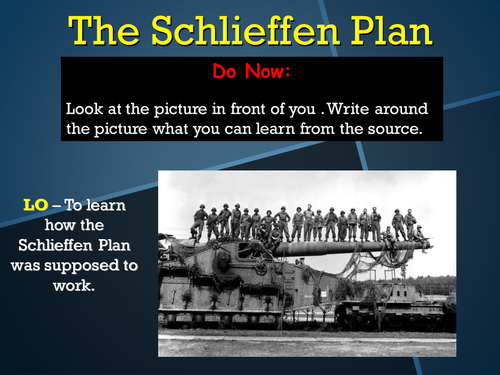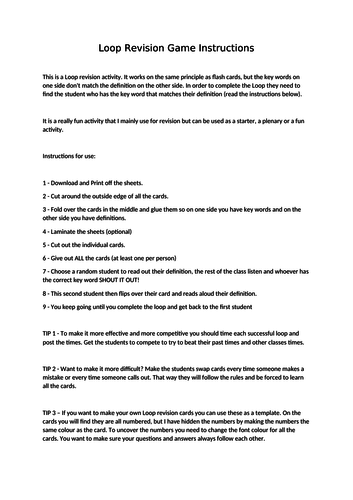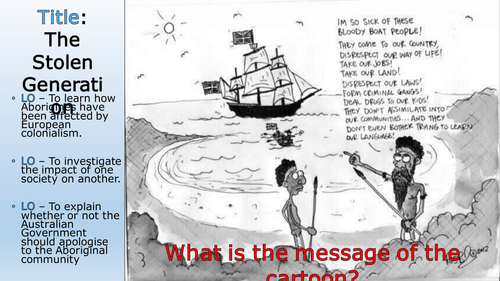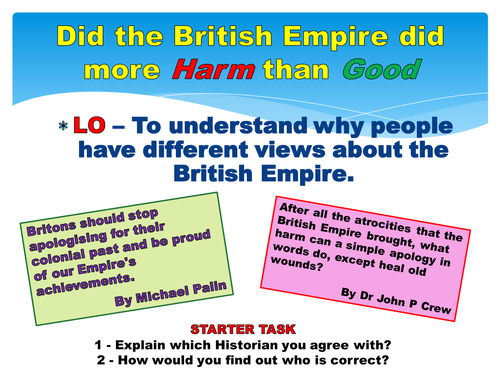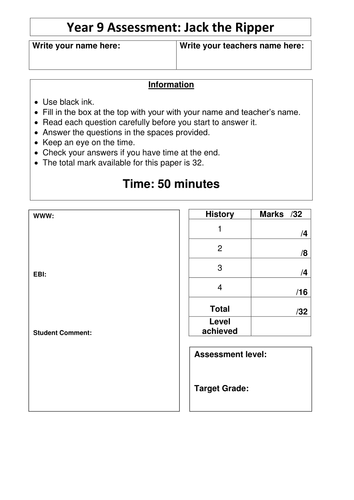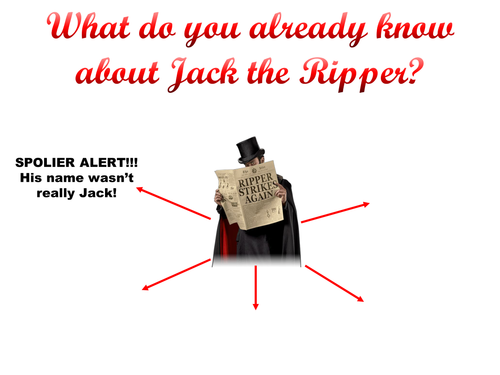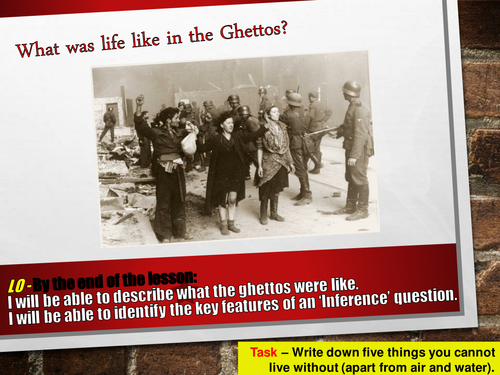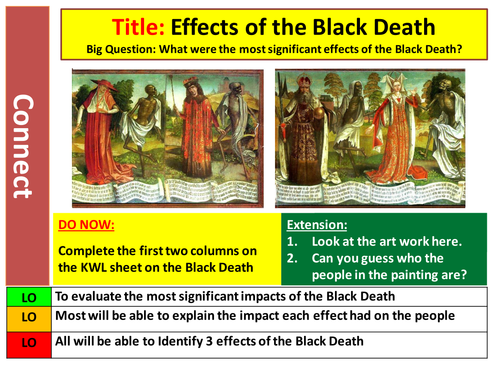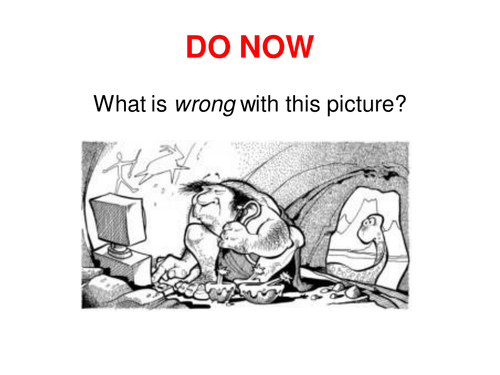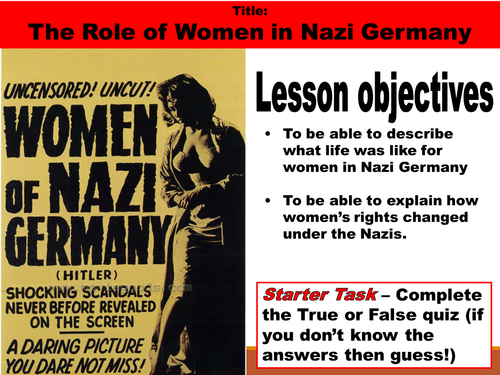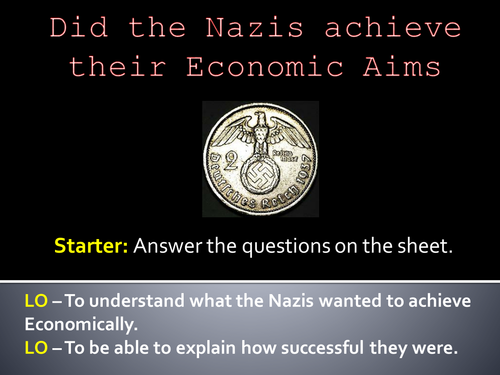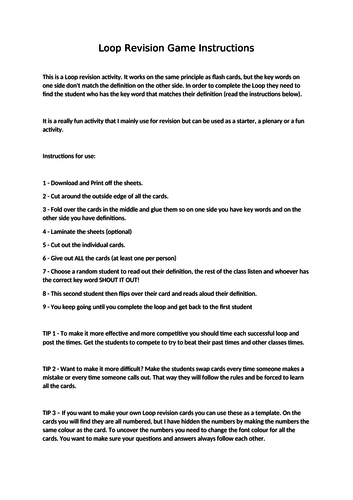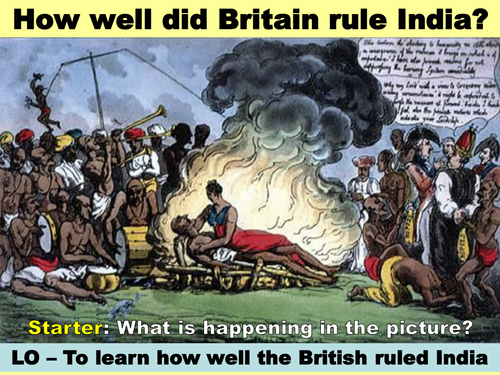Laumorrow's Shop
Hi welcome to my shop! I'm currently Head of Humanities, but I've also been head of department at a number of other schools, not to mention head of year. So I have a lot of high quality resources to share. I take real pride in trying to ensure my resources are well presented, clear, easy to use and of course challenging and engaging for the students. They have taken me a lot of time to make, but hopefully they will save you a lot of time. If you have any feedback then please review me!



